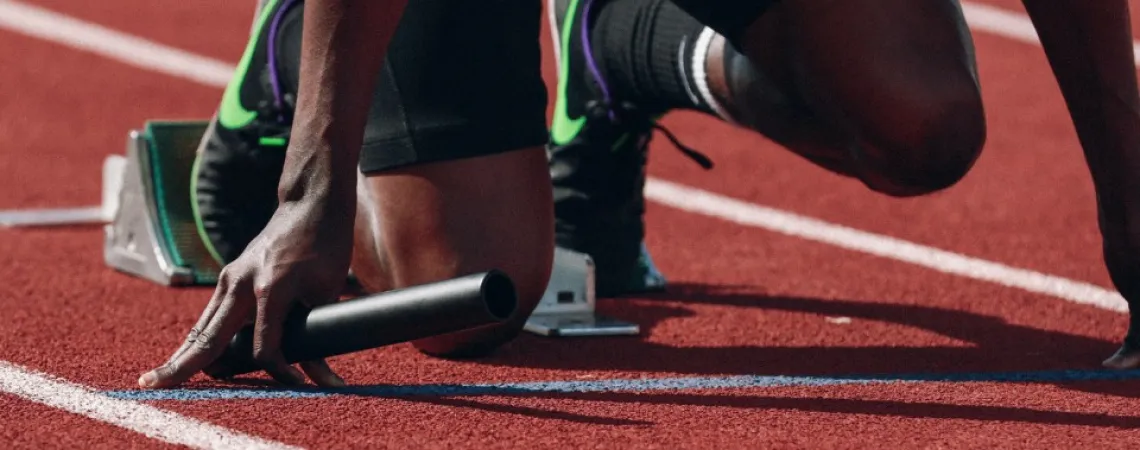
It is often said that carbohydrate intake needs to be increased during the few days before a competition or a race, but is it relevant for you to do?
What Is a Glycogen Overload?
It is a nutritional strategy where carbohydrate intake is increased 3 to 7 days before a sports event. This strategy maximizes stored muscle glycogen to improve the athletic performance.
Could It Improve My Performance?
It all depends on the type of sport you practice. Runners, swimmers, cyclists, triathletes, cross-country skiers and any other endurance athlete (who does the activity without stopping for at least 90 minutes). It will be less useful for soccer, hockey and baseball players who are active for long periods, but also have breaks. Increasing your carbohydrate intake may be beneficial if you have several sport events over the same day, in which case it is essential to maintain the energy level high throughout the day.
Are There Any Risks Associated with Glycogen Overload?
There is no risk to health care to increase your intake of carbohydrates for a few days. However, you need to consider that it can increase your weight (because every gram of carbohydrate is stored with 3 grams of water). It is also possible to have digestive issues if the increase of carbohydrate intake comes with an increase of dietary fiber. To avoid this, you better prioritize foods high in carbohydrates with high glycemic indexes and little fiber, such as pasta, potatoes, pretzels, cereals, white rice, white bread, etc.
The Most Common Mistakes
1. Inadequate intake of carbohydrates: Follow your nutritionist’s advice to find out how many carbohydrates you should eat. Usually, we aim for 12 to 14g of carbohydrates per kg of weight.
2. High consumption of fat or protein: as we increase carbohydrates, we need to reduce the intake of protein and fat. Too often, athletes up their carbohydrates without decreasing their fat and protein intake. They then end up with extra calories and find it difficult to reach their carbohydrate targets.
3. High fibre consumption: you want to make the healthy choice and opt for whole grain products to increase your fibre intake? Bad idea! Excess dietary fibre can cause stomach discomfort. Dietary fibre is very filling, and therefore you might find it difficult to eat enough if your fibre intake is too high. Choose low-fibre foods for your glycogen overload - you'll have better results !
Maximize Your Athletic Performance
In conclusion, understanding glycogen overload as a nutritional strategy can be valuable for athletes, particularly endurance athletes looking to maximize their performance. However, it's essential to tailor this approach to your specific sport and needs. While there are no health risks associated with increasing carbohydrate intake for a few days, it's crucial to do so wisely and avoid common mistakes.
For personalized guidance on optimizing your nutrition and implementing glycogen overload effectively, consider reaching out to a sports dietitian. They can provide you with tailored recommendations based on your sport, goals, and individual requirements. Contact a sports nutritionist today to enhance your athletic performance and achieve your fitness objectives.






